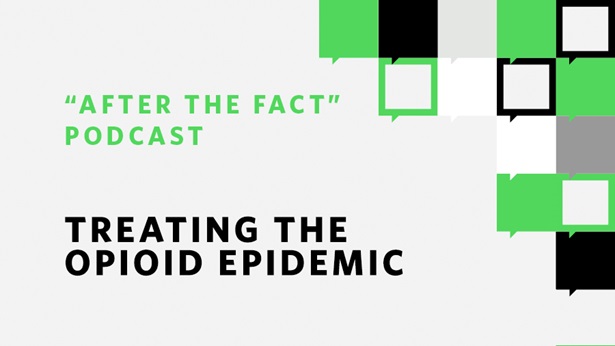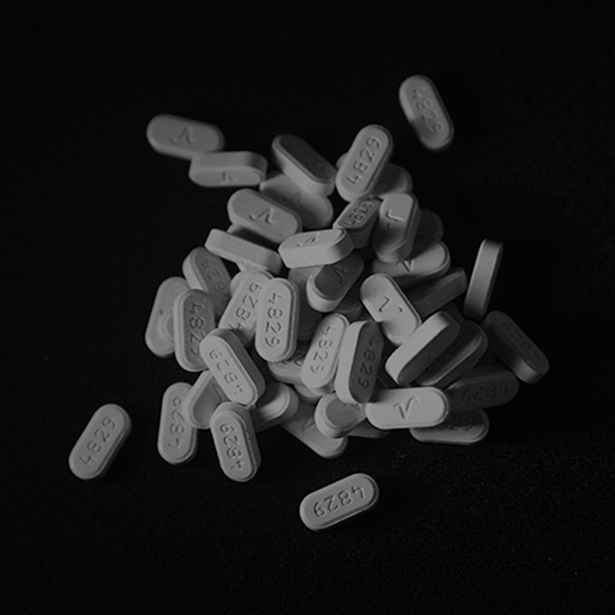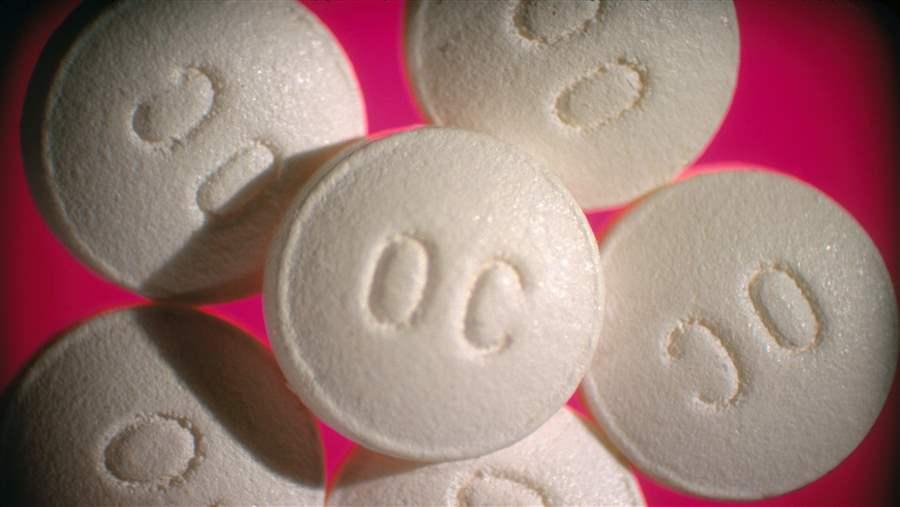Urgent Action Needed to Address the Opioid Crisis
Funding and evidence-based interventions are critical to meaningful change
Despite two recent high-profile events related to the opioid crisis—the Trump administration’s announcement of a public health emergency and the release of the final report from the Commission on Combating Drug Addiction and the Opioid Crisis—more action is needed by the administration and Congress. In particular, funding is necessary to carry out the evidence-based interventions the report highlights. The administration and Congress should act now to prioritize solutions and deliver the funding that will result in meaningful change.
The numbers are sobering. More than 20 million Americans have a substance use disorder (SUD), and every day, 91 people die from overdosing on prescription and illicit opioids. Yet only one in 10 individuals receives any form of treatment. Expanding access to effective treatment, which could have an immediate and significant effect on reducing preventable opioid-related deaths, must play a central role in efforts to address the opioid crisis.
Medication-assisted treatment (MAT) combines behavioral therapy with methadone, buprenorphine, or naltrexone—medications approved by the Food and Drug Administration to treat opioid use disorder (OUD). This treatment approach achieves better patient outcomes than either behavioral interventions or medication alone. Yet current access to MAT is woefully inadequate. In 2016, only 27 percent of treatment facilities offered buprenorphine, and less than 9 percent of facilities provided access to methadone.
Stigma is one of several factors that prevent access to MAT. Many individuals—regrettably, even some physicians and other health care professionals—still view OUD and other SUDs as a choice and a moral failing. Others have suggested that MAT simply replaces one addictive substance with another. These misconceptions need to change, and combating stigma must be a priority.
President Donald Trump and some other stakeholders have suggested that the best way to prevent OUD is for people to avoid using opioids. However, this oversimplifies a complex medical problem that frequently begins with a legitimate prescription to manage pain. A public education campaign could end up doing more harm than good unless it is framed to decrease stigma by increasing awareness of the chronic nature of this disease and the value of MAT as an evidence-based treatment that improves patient outcomes.
States need additional funding to support their efforts to address this crisis. Through the 21st Century Cures Act, Congress appropriated $1 billion in funding for states to expand access to MAT. The first installment was issued earlier this year, with states using this money to implement or expand programs that increase access to treatment. For example, the funding has been used to replicate promising programs like AnchorED, which places peer recovery specialists—themselves in recovery from substance use or co-occurring mental health disorders—in emergency departments to encourage overdose patients to seek treatment and to connect them with resources in the community. States have also allocated funding for programs that prepare primary care physicians to treat substance use disorder through training and consultations with addiction specialists. To support these and other effective strategies, Congress should act quickly to ensure that the second $500 million installment of 21st Century Cures funding reaches states as soon as possible.
This funding will make a difference, but far greater resources are needed to curb the death toll from opioids, which continues to climb. The Trump administration must work with Congress to prioritize recommendations from the report that will be the most effective at addressing this crisis and then provide the funding needed to implement them. With the release of the final report, the administration and Congress have another opportunity to save lives and preserve families and communities. Don’t let this moment pass us by.
Cynthia Reilly directs The Pew Charitable Trusts’ substance use prevention and treatment initiative, and Alaina McBournie is a principal associate on the team.


America’s Overdose Crisis
Sign up for our five-email course explaining the overdose crisis in America, the state of treatment access, and ways to improve care
Sign up

Treating the Opioid Epidemic
The nation’s opioid epidemic has been making headlines, and much is required to curtail this public health crisis. In this episode, we hear more about the problems associated with opiate misuse and the path forward.







